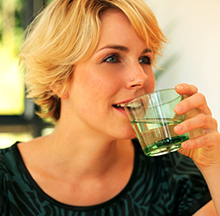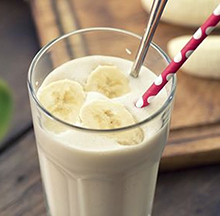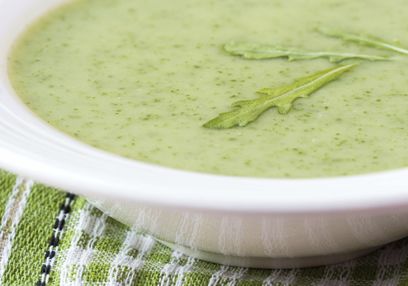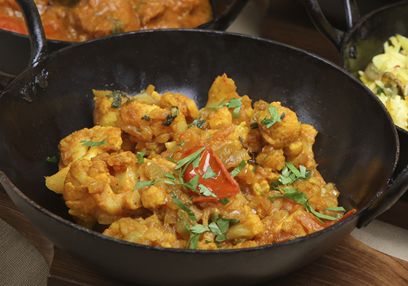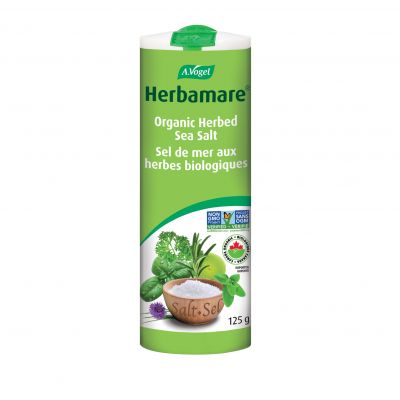What is an anxiety attack and how do you know if you're having one?
Anxiety is like a shapeshifter that comes in many different forms depending on the person. What usually occurs first is something known as the trigger, an event that sets off the anxiety attack, though even the mere thought of an upcoming event can create anticipatory anxiety. The individual may experience worry, distress, or even a strong sense of fear in addition to physical symptoms. Anxiety attacks may manifest with sweating, headaches, nausea and chest pain amongst others.
What's the difference between an anxiety attack and a panic attack?
The major difference between the two is that panic attacks are officially recognized in the Diagnostic and Statistical Manual or Mental Disorders (DSM-V) while anxiety attacks are not. The DSM-V is used by health professionals to help identify which condition they are managing for their patient and provide a means of further classifying it. This is not to say that anxiety attacks are invalid as each version of the DSM brings along changes as health providers and researchers learn more about the conditions.
Panic attacks could be considered more severe as they carry a fear of losing control or even dying and there may also be a sense of detachment from the world around them or even their own self. This sense of detachment has been thought by some to be part of a psychological defense mechanism. One final difference of note is that anxiety attacks can be traced back to a cue or stressor while panic attacks can develop out of the blue with sudden and severe symptoms.
What are some ways to cope with an anxiety attack?
Coping may often be the best thing in the moment with many of the interventions focusing on calming the sympathetic response and activating the parasympathetic response. Sympathetic is lovingly referred to as our fight-or-flight response while parasympathetic is referred to as the rest-and-digest response.
A systematic review conducted in 2018 showed that slowing one's breathing engaged this rest-and-digest system, relaxing the person and creating a sense of ease and comfort. Various imaging studies of the brain also showed changes in neurological activity reflecting a relaxed state. The average breathing rate of people over eight is between 12-20 breaths per minute, and the research supports slowing that to anywhere between 9-10 breathes per minute to manage an anxiety attack.
To further lend way to the power of mindful breathing, research shows that these slowed breaths are even more impactful when participants focus on breathing into the diaphragm. 20 separate 15-minute sessions over 8 weeks saw participants improve their mental state and attention while reducing the level of cortisol ('stress hormone') circulating through the body. The instructions to participants from the study were as follows:
"...inhale as deeply as they could while their abdomen expanded, and to exhale as slowly as they could while their abdomen contracted, in a self-paced rhythm."
Some people have taken to keeping essential oils and aromas on their person for the calming effects they have. A review in The Mental Health Clinician demonstrates the anxiolytic impacts of lavender essential oil and without the sedation caused by other compounds meant to relax the body and mind. They also note its incredibly safe profile and faster onset relative to many first-line agents currently used to treat anxiety like anti-depressants.
What are some means of preventing these attacks?
The best way to prevent an attack is to first identify the triggers. For some, the idea of giving a presentation or speaking in front of the class is enough for them to seize up. Therapists and healthcare providers may use something called gradual or systematic desensitization where they have clients work through degrees of similar situations. Perhaps they picture speaking to the boardroom, and then do a one-on-one with the therapist, gradually working up to the full trigger.
As an example, systematic desensitization was used on a class of 236 first-year pharmacy students to manage test anxiety and led to significant improvements in psychological distress, GPA and reduced psychological distress.
Studies have also shown that the more stressful life events you experience, the greater the risk for developing elevated anxiety sensitivity. Therefore, interventions early on could help develop resilience to such events and reduce the risk of anxiety attacks.
Herbs such as Passion flower (Passiflora incarnata) have been shown to be as effective as oxazepam, a commonly prescribed anti-anxiety medication. The mechanism by which the herb acts to calm the mind is one that researchers are keen to understand. Passion flower seems to boost levels of an inhibitory neurotransmitter in the brain known as GABA, though the mechanism still requires further investigation.
When you're feeling anxious, remember to try what will make you feel more comfortable and contact your health care provider if further investigation is needed. Check out our article, Stunning Effects of Exercise on Mental Health to understand the benefits of clinical exercise on conditions like anxiety.
References:
https://www.ema.europa.eu/en/documents/herbal-report/final-assessment-report-passiflora-incarnata-l-herba_en.pdf
https://pubmed.ncbi.nlm.nih.gov/11679026/
https://pubmed.ncbi.nlm.nih.gov/24140586/
https://www.ncbi.nlm.nih.gov/books/NBK470361/
https://www.ncbi.nlm.nih.gov/pmc/articles/PMC2941540/
https://www.ncbi.nlm.nih.gov/pmc/articles/PMC4269370/
https://www.ncbi.nlm.nih.gov/pmc/articles/PMC5455070/
https://www.ncbi.nlm.nih.gov/pmc/articles/PMC6007527/
https://www.ncbi.nlm.nih.gov/pmc/articles/PMC6137615/
https://www.ncbi.nlm.nih.gov/pmc/articles/PMC6354045/


